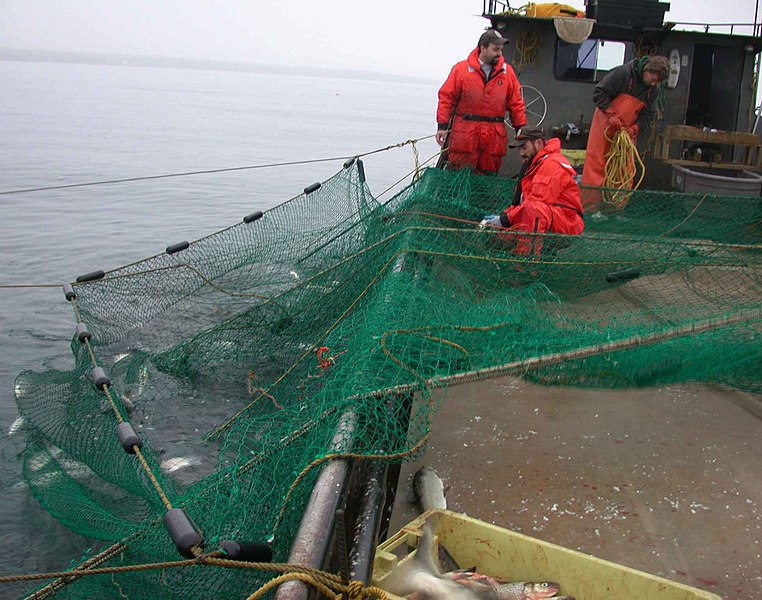
President Donald Trump’s 60-day regulatory freeze has sent shockwaves through the U.S. fishing industry, delaying seasons, disrupting quotas, and raising fears of overfishing—particularly of
Atlantic bluefin tuna. The freeze, enacted January 20, has stalled decision-making processes vital to the country’s $320 billion fishing economy, according to Reuters interviews with federal employees and industry insiders.
At the heart of the crisis is NOAA, the National Oceanic and Atmospheric Administration, which oversees 45 U.S. fisheries through its National Marine Fisheries Service. Budget cuts and staff terminations have halted crucial data collection and management activities, including the setting of catch limits and the timing of seasonal openings.
“We’re getting calls every day—people don’t know what’s going on,” said Ben Martens of the Maine Coast Fishermen’s Association.
The freeze has already had tangible consequences. Atlantic bluefin tuna were overfished off North Carolina in January after NOAA failed to issue timely closure regulations. That could mean reduced catch quotas for New York and New England fishermen this summer. Representative Bill Keating of Massachusetts attempted to alert NOAA, but key contacts had already been laid off.
NOAA has confirmed the freeze but declined to discuss staffing or management issues. The White House also did not respond to requests for comment. Though Trump exempted fishing and hunting regulations from a similar freeze during his first term, no such exception has been made this time.
About 5% of NOAA’s fisheries staff—163 employees—were recently let go, including scientists, administrative staff, and regulatory specialists. A dozen of those fired were temporarily reinstated by court order but placed on administrative leave.
The uncertainty is affecting fisheries from Alaska to the Atlantic. Preparations for Pacific salmon seasons are behind schedule. In Rhode Island, longtime fisherman John Ainsworth voiced concern about the squid fishery: “Without federal managers, how do we even know when we can fish?”
Some New England fisheries may miss key opening dates. The groundfish season, which includes cod and haddock, traditionally starts May 1—but may be delayed without emergency intervention. Portions of the $400 million scallop industry are also at risk of late or partial openings.
“It can make or break a fishery if the window to fish is shortened,” said fisheries consultant Noah Oppenheim.
Alaska’s black cod and halibut seasons will open on time—thanks to intervention from Senator Lisa Murkowski, who appealed directly to the Commerce Secretary. NOAA staff worked overtime to finalize the necessary rules.
But for many in the industry, the damage is already being felt. Rebecca Howard, a fish biologist fired in February, had been preparing vital stock surveys when she was laid off.
“You need the federal government to do it,” said Rhode Island charter guide Christopher Willi. “If NOAA isn’t there to monitor and regulate, it becomes a free-for-all—and fish stocks won’t survive.”
As regulatory uncertainty drags on, so do fears about long-term consequences for fish populations, small fishing communities, and the broader economy they support. Photo by U.S. Fish and Wildlife Service, Wikimedia commons.











































